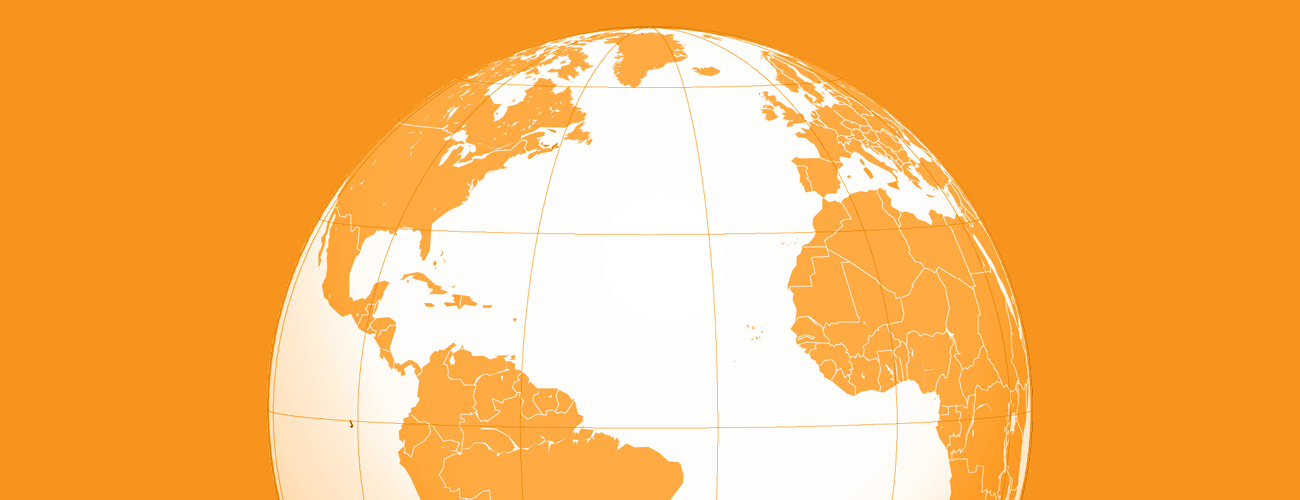Sign up for the daily CJR newsletter.
MSNBC is a 24/7 news channel that is sadly incapable of focusing on more than a handful of concerns at a time. Currently these involve the Jan. 6 select committee’s investigation of the Capitol insurrection, Republican antics in and out of Washington, Donald Trump, and a number of covid-related stories, many of them featuring angry opponents of masks or vaccines.
Even if you watch MSNBC all day long, you cannot and will not learn much about anything outside these few narrow concerns; in general, a steady diet of MSNBC provides a worldview that is in its way just as claustrophobic and provincial as the one on offer at Fox. Diehard viewers of either network will learn virtually nothing of events taking place outside the United States, which is where 7.57 billion of the earth’s 7.9 billion people live.
To clarify this point, I made a spreadsheet of 100 clips of stories consecutively posted to MSNBC’s YouTube channel in October. YouTube is ideal for this kind of analysis, because it provides a chronological feed plus view counts. The topics covered in these 100 clips were as follows:
| COVID/vaccine | 17 |
| Insurrection | 15 |
| US elections | 12 |
| Trump | 11 |
| US government | 11 |
| Supply chain | 6 |
| Shatner | 6 |
| Labor/working people | 4 |
| Right wing extremism | 4 |
| Republican malfeasance | 4 |
| Entertainment | 4 |
| World affairs | 3 |
| Havana syndrome | 2 |
| Technology | 1 |
(There are a few that overlap; for example, the three stories about a Florida school board member who’s been targeted and harassed by anti-mask fanatics involve both covid and right-wing extremism, so I split them up—two to covid/vaccine, one to right-wing extremism.)
Just three of these 100 stories could be said to concern world events, even tangentially. But really, there was just one: the stabbing death in Essex of Conservative MP Sir David Amess, which was covered in two clips, one reporting the attack and the other, his subsequent death. The third was about South Dakota’s role as a global money laundering capital, as recently detailed in the Pandora Papers (though the story is far from new; South Dakota has permitted secret, perpetual, tax-free “dynasty trusts” for decades, making it an ideal destination for all kinds of ill-gotten gains). Though Chuck Todd makes vague reference in this clip to “other countries” that are calling for a global wealth tax, no other nation is named. And finally there were two clips about Havana Syndrome, the mysterious illness afflicting US officials stationed in Cuba among other nations, which concerned victims seeking government redress. These, too, failed to include the perspectives of anyone outside the US.
Some surprises include the six separate clips MSNBC posted to YouTube on the topic of actor William Shatner’s space-tourist ride aboard Blue Origin’s New Shepard launch vehicle, and two stories about entertainer and activist Steve Van Zandt, who has a new book out. But most of it you’ve seen again and again: the defiance of Trump strategist Steve Bannon against congressional subpoenas; the makeup-caked ravings of a diminished and disappointed Donald Trump; wild-eyed anti-maskers visiting violence and abuse on people who don’t share their views.
What world are we seeing here? Why does anyone even watch the news in the first place? What do we ordinary viewers want from it?
The United States does not exist in a vacuum, and there are a lot of reasons why any intelligent person wants to know as much as possible about our world and everyone in it.
On Wednesday—the same day MSNBC covered the question of a pro basketball player’s refusal to be vaccinated—in advance of the upcoming COP26 UN climate conference in Glasgow, the British Environment Agency issued a warning to world leaders: “Adapt or die.”
Poland’s high court made explosive news on Thursday, issuing a judgement that their own Constitution supersedes the Court of Justice of the European Union. Far-right president Andrzej Duda has taken a wrecking ball to the independence of the Polish judiciary.
Cable news explained nothing to its audience about the facts on the ground in Afghanistan, preferring to turn the withdrawal of US troops into a political circus starring the nascent Biden administration.
The other really useful thing about covering other parts of the world is comparing our ways of life. For example, the benefits of the proposed Biden budget could be better illustrated by explaining that developed nations spend an average of $14,436 per child on early childcare, compared to the current US figure of $500.
The network’s argument might be that such things simply do not draw viewers. But then, its viewing figures are down more than fifty percent since last year. What does it have to lose?
Has America ever needed a media defender more than now? Help us by joining CJR today.







